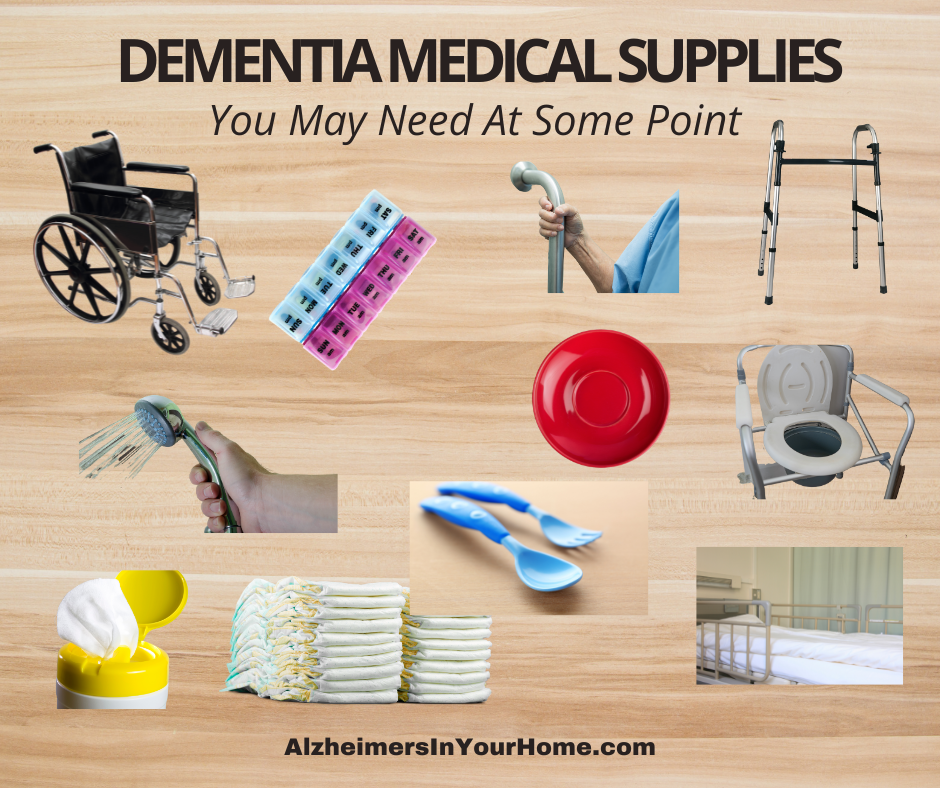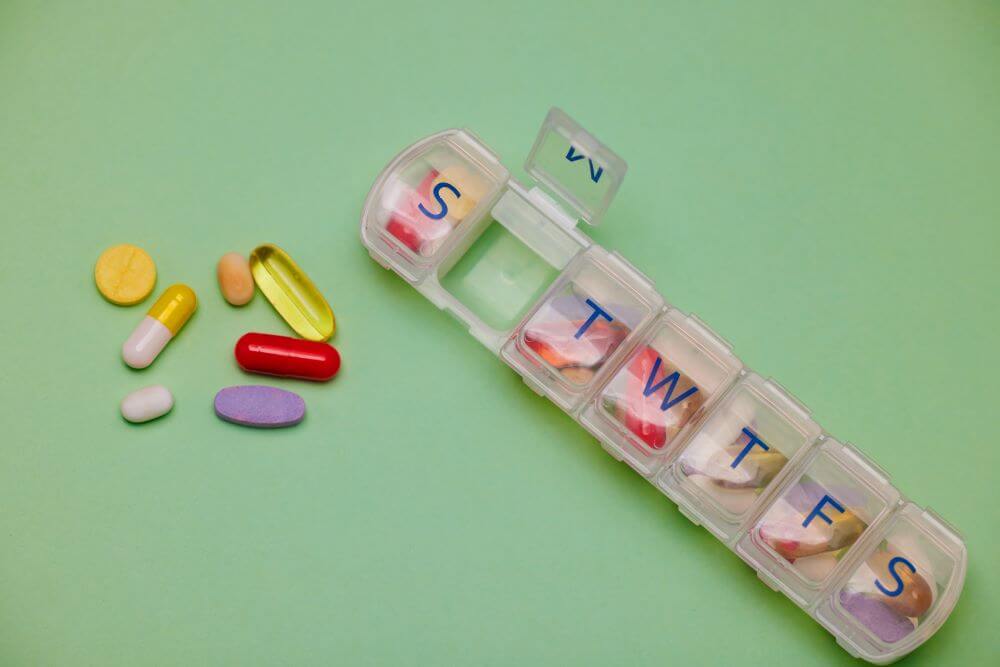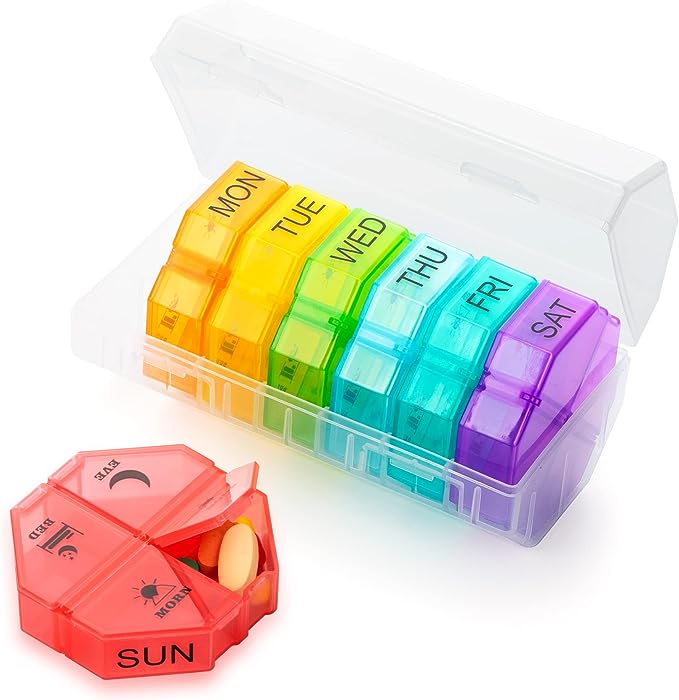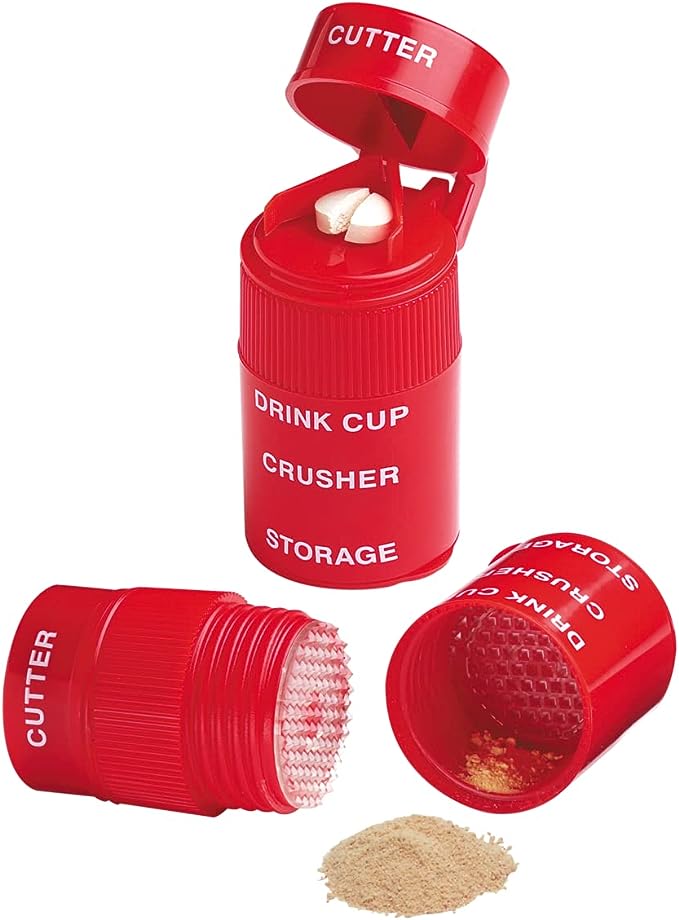DEMENTIA MEDICINE TIME CAN BECOME A CHALLENGE
I have been a nurse for nearly 30 years, providing care for patients with dementia in various settings. Sometimes, administering medications to them is straightforward, but other times, it can pose challenges. There are occasions when individuals with dementia may not cooperate when it comes to taking their medications. In this article, I’ll share some Dementia medication tips I’ve gathered over the years to assist you in ensuring your loved one with dementia gets their medications.
If you are seeking information on the different types of medicines used to treat dementia, please review the information Here.

UNDERSTANDING VARIOUS PILL TYPES
Pills come in a variety of shapes and sizes, and it’s helpful to understand the different types of medications available. Here is a breakdown of the different types of pills you may run into.

TABLETS
Tablets can be the most challenging to swallow but are usually the easiest to crush. They can also be cut if you need to provide only a portion of a tablet.

CAPLETS
Caplets are smaller than tablets and are generally easier to swallow.

CAPSULES
Capsules contain powder or jelly medication within a dissolving gelatin shell. They are odorless and tasteless, making them easy for patients to swallow. Sometimes, the edges are not sealed, allowing them to be opened and added to a liquid or food.

SOFT GELS
Soft gels are one-piece capsules made of gelatin and are used for liquid or oil-based medications. While they are easier to swallow than regular capsules, they cannot be neatly divided into smaller doses or easily opened. Consequently, these are often the pills that individuals with dementia may resist.

CHEWABLES
Chewable medications are typically larger than tablets and may have lower potency due to added flavorings. However, they might be the best choice if someone has difficulty swallowing medications.

EXTENDED-RELEASE
Extended-release medications are designed to release the drug slowly over time, reducing the frequency of pill-taking. This can also lead to fewer side effects since drug levels in the body remain more consistent. Extended-release tablets can have multiple layers for different release times. These medications usually can not be cut or crushed.

ENTERIC-COATED TABLETS
Enteric-coated tablets have a protective coating to prevent stomach irritation and delay drug release until they reach the small intestine. These medications typically have “EN-” or “EC” in their name.

CRUSHING Dementia MEDICATIONS tips
Some individuals may have difficulty swallowing tablets or capsules, or they might dislike the taste. Crushing medications to mix with food or beverages can be a practical solution.
However, it’s important to note that not all medications are suitable for crushing. Generally, medications that should not be crushed include extended-release and enteric-coated pills. If you encounter difficulties with a specific pill, consult your pharmacist to explore alternative forms of medication.
When crushing dementia medications, try to mix them into a small amount of food so they can consume it in one bite. Larger amounts may result in incomplete consumption, making it uncertain how much medicine they actually received. It’s also best to crush medications into a fine powder, as larger chunks are often spat out. See pill crusher HERE.
Crushing & Mixing Medication
Ideal food options to mix with medication include applesauce, pudding, ice cream, and sherbet. While many nursing homes and hospitals use applesauce, it may not completely mask the taste. Orange sherbet is my preferred choice, as it often disguises the medicine’s taste effectively, and the coldness can be soothing. Additionally, fewer individuals tend to resist taking their meds with orange sherbet.

Access Trusted Supplies
Access a collection of trusted supplies and equipment that have been used and recommended by experienced caregivers.
These supplies are chosen with care to help you in your caregiving role.

EYE DROPS
Many elderly patients with dementia require eye drops. Based on my experience, I’ve found that the best time to administer eye drops is while they are lying in bed. Often, eye drops are prescribed twice a day, so I recommend applying them at bedtime and again in the morning before they rise. If more frequent administration is necessary, consider having them sit in a recliner or kitchen chair and lean their head back.
Maintaining the cleanliness of the bottle’s tip is essential. Avoid letting the bottle touch the eye, as this could introduce bacteria and potentially lead to an eye infection.

dementia MEDICATION tips for bowels
As individuals become less active, their bowel movements may slow down. It’s crucial to monitor their bowel movements to prevent the possibility of bowel obstruction, which can result in a hospital stay.
Hospitalization for someone with dementia can be detrimental to their well-being, often causing confusion, aggression, and other complications. Learn more about Dementia hospital stays HERE.
People with dementia often experience delirium while hospitalized, leading to the use of psychiatric medications, restraints, and, in some cases, nursing home placement. To avoid this, it’s imperative to prevent bowel obstructions and keep them out of the hospital.
Encouraging a diet rich in fiber and water is helpful, but sometimes medication may be necessary. Consult your doctor to discuss an appropriate bowel protocol. There are various medications available for bowel health, and your doctor can determine which one is suitable for your loved one.
Many caregivers struggle between constipation and diarrhea. Some doctors have their own preferred bowel protocol, so make sure you talk to your doctor about the bowel plan. Learn more about bowel problems and solutions HERE.

TIMING OF MEDICATIONS
The timing of medications for individuals with dementia may need adjustment. While it’s often convenient to administer medications in the morning with breakfast, I’ve encountered individuals who are not “morning people” and prefer taking their medications at lunch or in the evening.
If you encounter difficulties with medication timing, consult your doctor. They would often prefer adjusting the dosing schedule rather than having the patient miss a dose completely.
If your loved one refuses medication, wait for 10-15 minutes and then try again.
At some point, administering medicines may become challenging. Patience and creativity may be required. Always prioritize giving the most essential medication first.

Medication management strategies
- Establish a Consistent Routine: Align medication schedules with daily activities or meals to facilitate easier administration and enhance adherence. Visual medication schedules or charts can serve as helpful reminders.
- Open Communication: Regularly consult with healthcare providers to review medication necessity, potential simplification, and address any concerns. Keep an updated list of medications, dosages, and instructions.
- Explore Simplification: Inquire about once-daily dosages or liquid formulations to simplify the medication regimen when possible, minimizing complexity.
- Monitor for Interactions: Be vigilant for potential interactions between medications and stay alert to any side effects that may arise.
- Share Responsibility: Consider involving other family members or professional caregivers to share the responsibility of medication management, ensuring consistency.
- Use Medication Reminders: Leverage alarms or smartphone apps to set medication reminders, helping you stay organized and on schedule.
- Use Different Phrases: Experiment with different phrases and approaches to encourage medication compliance. Sometimes, a change in wording or framing can make a significant difference in their willingness to take their meds. My go to phrase for crushed meds in food is “I just finished making this, can you taste it and see if it needs more sugar”. It doesn’t always work but I have had a lot of success with it.
Here are 10 phrases that may work for you:
- It’s time for your vitamins.” Frame the medication as something positive for their health, like a daily vitamin.
- “This will help you feel better.” Emphasize the positive impact the medication can have on their well-being.
- “It’s a special treat just for you.” Make taking the medication feel like a treat or reward.
- “Let’s take our medicine together.” Show solidarity by taking medication yourself (if appropriate) to make it a shared experience.
- “The doctor said this will help with [specific symptom].” Provide a reason related to their health condition.
- “Remember how this helps you sleep better?” Remind them of the benefits they’ve experienced before.
- “It’s like magic to make you feel strong.” Use imaginative language to make the medication seem special.
- “This is your superhero medicine.” Tap into their imagination and make it fun.
- “I took mine already, and it was so easy!” Use a little white lie to encourage them to follow suit.
- “Let’s celebrate taking our medicine with a little treat afterward.” Offer a small reward or treat as motivation.
By implementing these medication management strategies, caregivers can navigate the complexities of dementia medications more effectively, promoting the safety and well-being of their loved ones.
dementia Medication Safety tips for Caregivers
Monitor Abilities:
Recognize when they need help and intervene. Watch for missed doses or too many pills taken to prevent missed medication complications or overdosing.
Take over filling their pill keeper weekly when these problems begin to surface
Organize Medications:
Start by organizing all medications in a secure and easily accessible location.
Use a pill organizer or medication management system to sort pills for different times and days, reducing the risk of errors.
Seek Clarification:
If you have doubts or concerns, don’t hesitate to reach out to your healthcare provider or pharmacist for clarification.
Double-check labels to confirm you’re administering the correct medication.
Never alter medication dosages or schedules without consulting a healthcare professional.
Maintain Clear Records:
Always maintain clear records of medications, including names, dosages, and schedules.
Track medications missed or refused to prevent complications. See Alzlog Caregivers Notebook
Inform Healthcare Provider:
To prevent potential interactions, inform your healthcare provider about all medications, including over-the-counter drugs, supplements, and herbal remedies your loved one is taking.
Understand Side Effects:
Ensure you understand the potential side effects and adverse reactions of each medication.
Be vigilant for any unexpected changes in behavior, symptoms, or physical condition, as these could indicate a medication-related issue.
Regularly Review Medication Plan: Regularly review the medication plan with your healthcare provider to assess its effectiveness and make necessary adjustments.
By following these medication safety guidelines, caregivers can provide their loved ones with the best possible care while minimizing the risks associated with medication management.
Conclusion
In the complex and demanding journey of caring for individuals with dementia, effective medication management is a cornerstone of providing the best possible care.
As caregivers, you hold the key to ensuring that your loved ones receive the right medications at the right time, in the correct dosages, while minimizing the risks associated with medication management.
By adopting a consistent medication routine, maintaining clear records, seeking guidance from healthcare professionals, and vigilantly monitoring for any changes, caregivers can navigate the intricacies of dementia medications with confidence and care.
Remember, you’re not alone in this journey, and a wealth of support and resources are available to assist you. Your dedication and commitment to medication safety contribute significantly to the well-being and quality of life of your loved ones living with dementia. In this shared effort, we can provide the best care possible for those we cherish.










